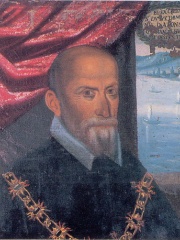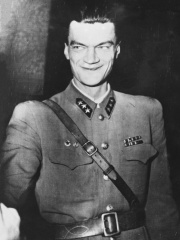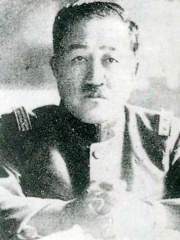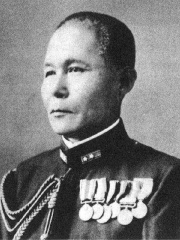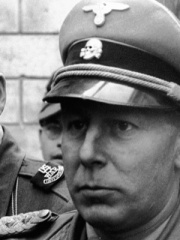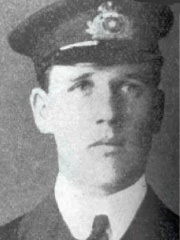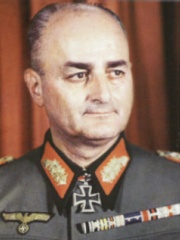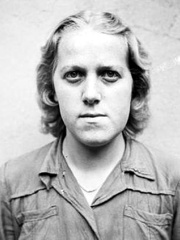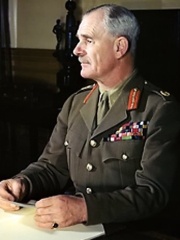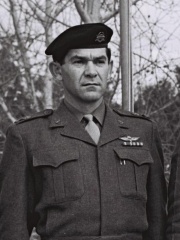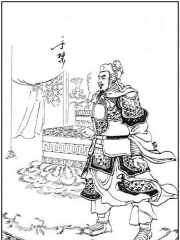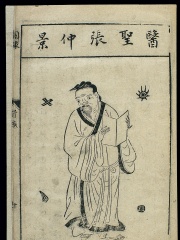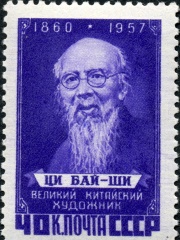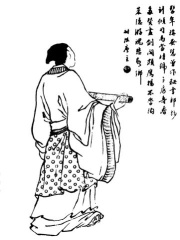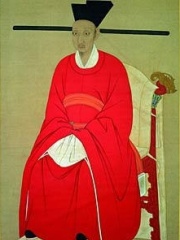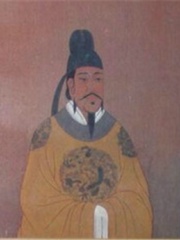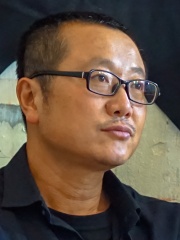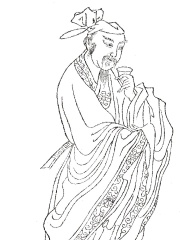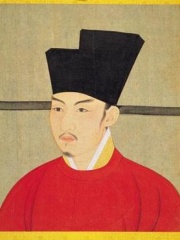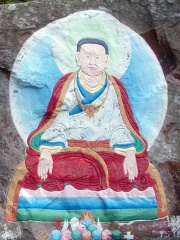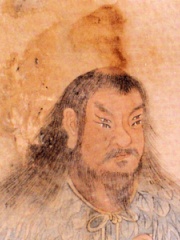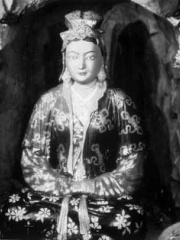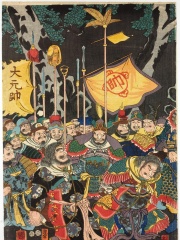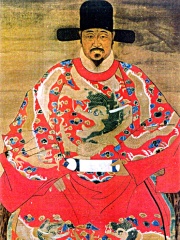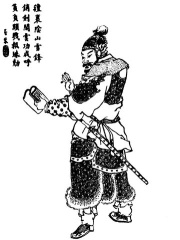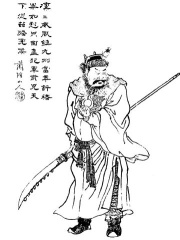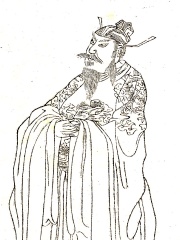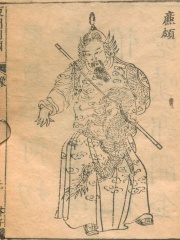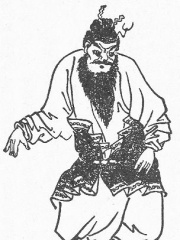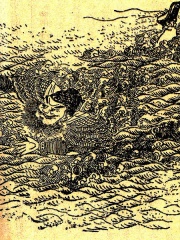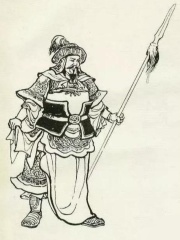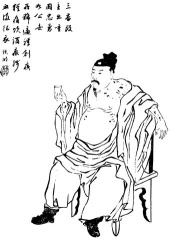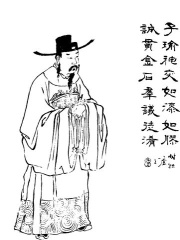MILITARY PERSONNEL
Gongsun Zan
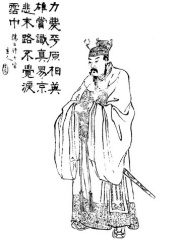
 Gongsun Zan
Gongsun Zan
Gongsun Zan () (before 161 - April or May 199), courtesy name Bogui, was a Chinese military general, politician, and warlord who lived during the late Eastern Han dynasty. Read more on Wikipedia
His biography is available in 24 different languages on Wikipedia. Gongsun Zan is the 592nd most popular military personnel (up from 607th in 2024), the 382nd most popular biography from China (up from 422nd in 2019) and the 36th most popular Chinese Military Personnel.
Gongsun Zan was a general who lived in the late Eastern Han Dynasty and early Three Kingdoms period. He is most famous for his defeat of the Yellow Turban rebels at the Battle of Julu in 184 AD.
Memorability Metrics
Page views of Gongsun Zan by language
Among MILITARY PERSONNELS
Among military personnels, Gongsun Zan ranks 592 out of 2,058. Before him are Alonso Pérez de Guzmán y Sotomayor, 7th Duke of Medina Sidonia, Pál Maléter, Kenji Doihara, Jisaburō Ozawa, Walter Rauff, and James Paul Moody. After him are George Brydges Rodney, 1st Baron Rodney, Günther Blumentritt, Herta Bothe, Archibald Wavell, 1st Earl Wavell, David Elazar, and Yu Jin.
Most Popular Military Personnels in Wikipedia
Go to all RankingsAlonso Pérez de Guzmán y Sotomayor, 7th Duke of Medina Sidonia
1550 - 1615
HPI: 65.70
Rank: 586
Pál Maléter
1917 - 1958
HPI: 65.69
Rank: 587
Kenji Doihara
1883 - 1948
HPI: 65.68
Rank: 588
Jisaburō Ozawa
1886 - 1966
HPI: 65.66
Rank: 589
Walter Rauff
1906 - 1984
HPI: 65.66
Rank: 590
James Paul Moody
1887 - 1912
HPI: 65.65
Rank: 591
Gongsun Zan
HPI: 65.65
Rank: 592
George Brydges Rodney, 1st Baron Rodney
1718 - 1792
HPI: 65.64
Rank: 593
Günther Blumentritt
1892 - 1967
HPI: 65.63
Rank: 594
Herta Bothe
1921 - 2000
HPI: 65.63
Rank: 595
Archibald Wavell, 1st Earl Wavell
1883 - 1950
HPI: 65.63
Rank: 596
David Elazar
1925 - 1976
HPI: 65.62
Rank: 597
Yu Jin
200 - 221
HPI: 65.62
Rank: 598
In China
Among people born in China, Gongsun Zan ranks 382 out of 1,610. Before him are Zhang Zhongjing (150), Qi Baishi (1864), Zhong Hui (225), Emperor Ningzong (1168), Emperor Wenzong of Tang (809), and Liu Cixin (1963). After him are Yu Jin (200), Du Mu (803), Emperor Zhezong (1076), Marpa Lotsawa (1012), Cangjie (-2650), and Princess Wencheng (628).
Others born in China
Go to all RankingsZhang Zhongjing
PHYSICIAN
150 - 219
HPI: 65.86
Rank: 376
Qi Baishi
PAINTER
1864 - 1957
HPI: 65.83
Rank: 377
Zhong Hui
POLITICIAN
225 - 264
HPI: 65.78
Rank: 378
Emperor Ningzong
POLITICIAN
1168 - 1224
HPI: 65.74
Rank: 379
Emperor Wenzong of Tang
POLITICIAN
809 - 840
HPI: 65.69
Rank: 380
Liu Cixin
WRITER
1963 - Present
HPI: 65.66
Rank: 381
Gongsun Zan
MILITARY PERSONNEL
HPI: 65.65
Rank: 382
Yu Jin
MILITARY PERSONNEL
200 - 221
HPI: 65.62
Rank: 383
Du Mu
WRITER
803 - 852
HPI: 65.57
Rank: 384
Emperor Zhezong
POLITICIAN
1076 - 1100
HPI: 65.56
Rank: 385
Marpa Lotsawa
PHILOSOPHER
1012 - 1097
HPI: 65.55
Rank: 386
Cangjie
HISTORIAN
2650 BC - Present
HPI: 65.55
Rank: 387
Princess Wencheng
POLITICIAN
628 - 680
HPI: 65.55
Rank: 388
Among MILITARY PERSONNELS In China
Among military personnels born in China, Gongsun Zan ranks 36. Before him are Gao Shun (200), Qi Jiguang (1527), Deng Ai (197), Xu Chu (200), Xu Da (1332), and Lian Po (-250). After him are Yu Jin (200), Huang Gai (145), Pang De (170), Yue Jin (200), Zhou Tai (163), and Zhuge Jin (174).
Gao Shun
200 - 199
HPI: 66.59
Rank: 30
Qi Jiguang
1527 - 1588
HPI: 66.10
Rank: 31
Deng Ai
197 - Present
HPI: 66.08
Rank: 32
Xu Chu
200 - Present
HPI: 65.98
Rank: 33
Xu Da
1332 - 1385
HPI: 65.94
Rank: 34
Lian Po
250 BC - Present
HPI: 65.93
Rank: 35
Gongsun Zan
HPI: 65.65
Rank: 36
Yu Jin
200 - 221
HPI: 65.62
Rank: 37
Huang Gai
145 - 222
HPI: 65.19
Rank: 38
Pang De
170 - 219
HPI: 65.09
Rank: 39
Yue Jin
200 - Present
HPI: 64.78
Rank: 40
Zhou Tai
163 - 223
HPI: 64.68
Rank: 41
Zhuge Jin
174 - Present
HPI: 64.55
Rank: 42
